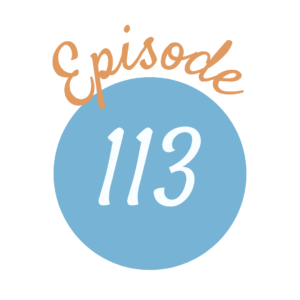
“The principles of authority on the one hand, and of obedience on the other, are natural, necessary, and fundamental; but-” (Principle 3)
“These principles are limited by the respect due to the personality of children, which must not be encroached upon, whether by the direct use of fear or love, suggestion or influence, or by undue play upon any one natural desire.” (Principle 4)
“…proud submission and dignified obedience” (2/13), [which she clarifies:] “which distinguishes great men and noble citizens.” (6/70)
“That principle in us which brings us into subjection to authority is docility, teachableness, and that also is universal. If a man in the pride of his heart decline other authority, he will submit himself slavishly to his ‘star’ or his ‘destiny.’ It would seem that the exercise of docility is as natural and necessary as that of reason or imagination; and the two principles of authority and docility act in every life precisely as do those two elemental principles which enable the earth to maintain its orbit, the one drawing it towards the sun, the other as constantly driving it into space; between the two, the earth maintains a more or less middle course and the days go on.” (6/69)
“It is a little difficult to draw the line between mechanical and reasonable obedience.” (3/18)
“We all know the child who is fully willing to do the right thing as far as mind is concerned, but with whom bodily vis inertiae is strong enough to resist a very torrent of good intentions and good resolutions…if we wish children to be able, when they grow up, to keep under their bodies and bring them into subjection, we must do this for them in their earlier years.” (3/19)
“Authority of parents…is only successful as it encourages the autonomy, if we may call it so, of the child. A single decision made by the parents which the child is, or should be, capable of making for itself, is an encroachment on the rights of the child, and a transgression on the part of the parents…If they fail in such self-ordering, …their parents are to blame for not having introduced them by degrees to the full liberty which is their right as men and women.” (2/17)
“…which secure to them freedom, i.e., self-authority, on the one hand, and ‘proud subjection’ on the other.” (6/71)
“If a boy have a passage to read, he obeys the call of that immediate duty, reads the passage with attention and is happy in doing so. We all know with what a sense of added importance we say, ‘I must be at Mrs. Jones’s by eleven.’ ‘It is necessary that I should see Brown.’ The life that does not obey such conditions has got out of its orbit and is not of use to society. It is necessary that we should all follow an ordered course, and children, even infant children, must begin in the way in which they will have to go on.” (6/70)
“All school work should be conducted in such a manner that children are aware of the responsibility of learning; it is their business to know that which has been taught.” (6/74)
“[C]hildren should have a fine sense of the freedom which comes of knowledge which they are allowed to appropriate as they choose, freely given with little intervention from the teacher.(6/73-74)
Parents and Children (Volume 2), Chapter 2
School Education (Volume 3), Chapters 1-2
An Essay Towards a Philosophy of Education (Volume 6), Chapters 4-5
Golden Hours of Delight Retreat, Kings Mountain, NC; April 7, 2018







